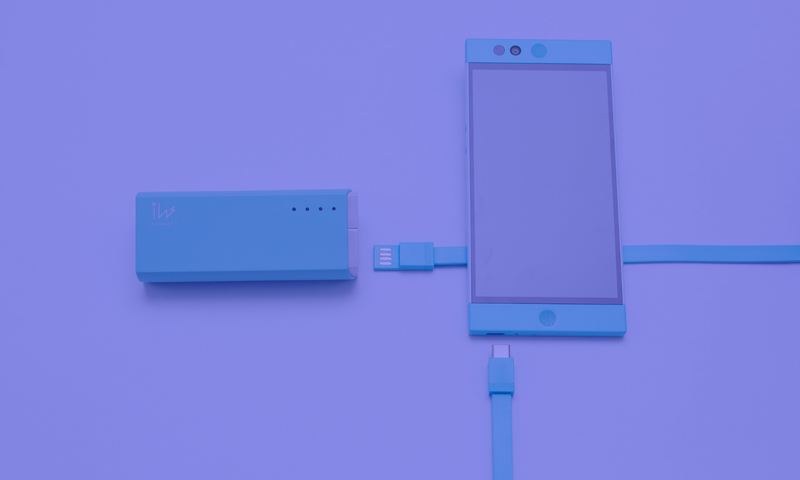Batteries for mobile devices
An accumulator, or battery for short, is a galvanic element that can be recharged. It consists of an electrolyte and two electrodes, and it means that accumulators, like batteries, can store and release electrical energy on an electrochemical basis. Lithium-ion batteries are mainly used for mobile devices, and the generic term describes forms of rechargeable batteries based on lithium compounds.
Lithium-ion batteries are ubiquitous for use in mobile devices because they are light and small. It means that the dimensions of mobile devices can always become more compact with new generations. They are also fast-charging and have higher specific energy compared to other types of rechargeable batteries. Rechargeable batteries also power mobile devices because they are used regularly and have a non-negligible power requirement. Due to their mobile use, i.e. without a constant connection to the power grid. In addition to mobile phones, rechargeable batteries are also used in laptops, tablets and mobile tools such as drills.

Which test methods are relevant for batteries and rechargeable batteries for mobile devices?
Batteries and rechargeable batteries for mobile devices must be subjected to several safety tests. The aim is to determine how the batteries behave under extreme conditions. The tests deliberately go beyond everyday stresses. For example, one method examines the effect of above-average exposure to heat on the battery. Other methods test their reaction to maximum mechanical stresses, such as a free fall or whether the mortar is fire-resistant. Such safety tests are essential to rule out hazards such as sudden battery ignition for the user.
Batteries or rechargeable batteries must also be subjected to a performance test. They provide information about the energy performance of the individual test item and the service life of individual cells. In this way, it can be determined how quickly the batteries age and how ageing is affected. Positive factors affecting the service life of batteries can also be proven with performance tests. Mechanical, thermal, electrical and climatic tests must be carried out.
One important testing standard for batteries is IEC 62133, for example. Another is IEC 61960-3.
Testing batteries
Do you want to request testing for batteries? Of course you can request testing also for other products